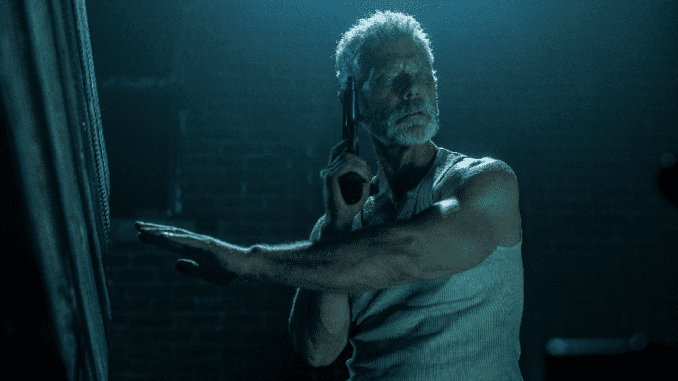
The antagonist of “Don’t Breathe” doesn’t sound dangerous, since he’s visually handicapped. But that doesn’t stop him from being a vicious fighter who defeats all intruders into his house, despite the fact that he lacks his sight. Is it possible for a human being who can’t see to be so menacing and powerful?
Yes.
We take a look at several powers that the visually-impaired may develop. Sometimes, these abilities develop as a result of their loss of the sense of sight. It’s interesting to see how the human body compensates for disabilities.
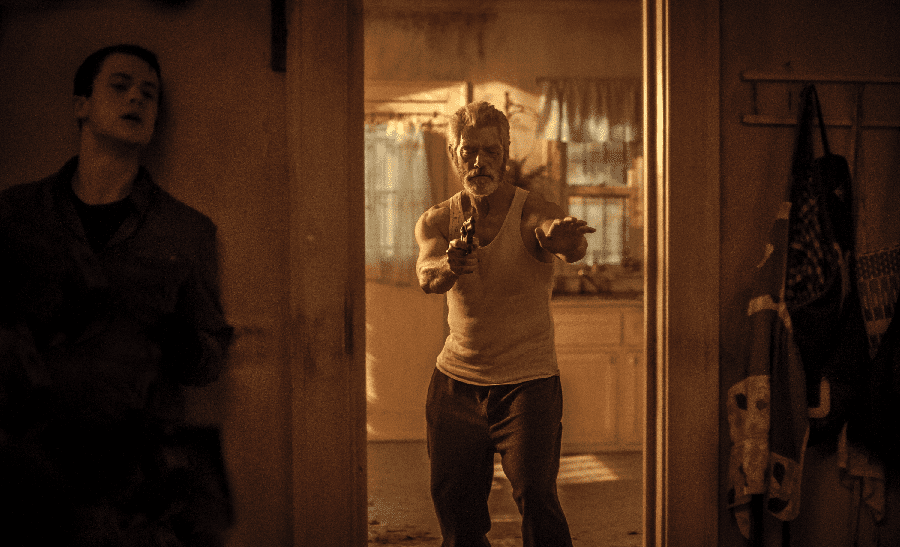
1. Better hearing
Because the visually-impaired have input from fewer senses to process, they can process each set of sensations more thoroughly. After sight, the sense we consider the most important is hearing. The visually-impaired have more time to consider the nuances of the sounds they hear and to practice active listening, and this often results not only in sharper hearing but a better understanding of what they hear.
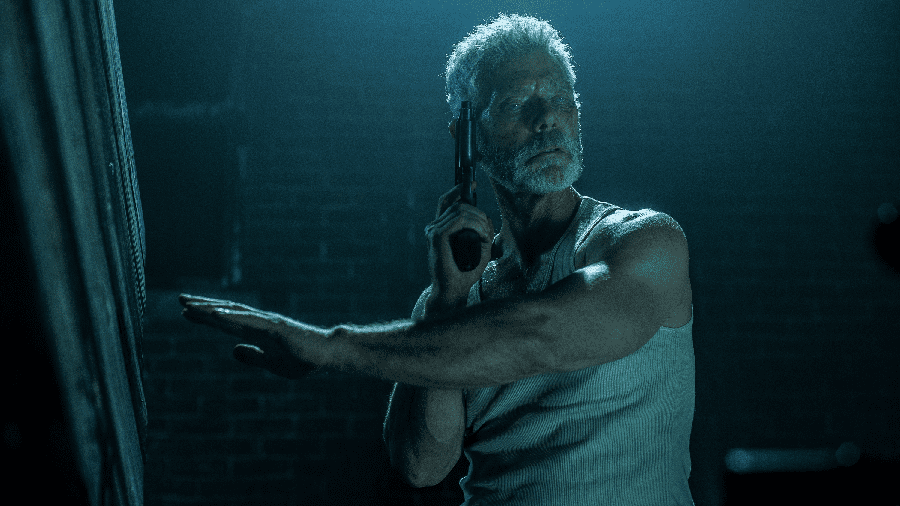
2. Superior memory skills
To the visually-impaired, the world is experienced as sequences. For objects that can only be distinguished by sight, such as products that have the same shape but different labels, the visually-impaired will arrange objects in their head mentally and assign mental tags to each of them. So they might remember the sequence of an array of different flavoured milk tea bottles as “the one on the extreme left, the middle one, and the one on the extreme right.” This is a type of memory strategy.
Since the visually-impaired have to use such memory strategies multiple times a day, they get much more practice at it than other people do, resulting in superior memory skills for all other tasks.
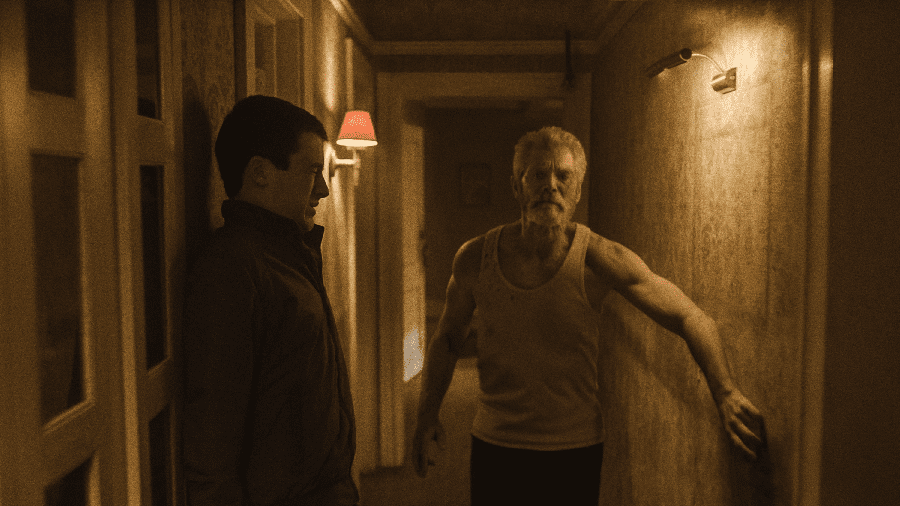
3. Superior speech processing abilities
Earlier on, we talked about how the visually-impaired can detect finer nuances in sound, as a skill. But for some, the brain literally rewires itself to understand speech better. What it does is that the visual cortex, the part of the brain dedicated to processing sight, connects iself to the auditory regions of the brain, improving auditory processing power. This means that some visually-impaired people can understand superfast speech of up to 25 syllabus per second. A normal person says 3 syllables per second. The brain is physically able to hear better in this case.

4. Determining a person’s size by their voice
It’s not known how this occurs, but the visually-impaired are able to determine with a fair amount of accuracy, the relative size of a person by their voice. It could possibly be a skill that humans are born with, or they might determine it from the direction the voice comes from, but it’s still amazing to know. The visually-impaired would know just how big you are from your voice.
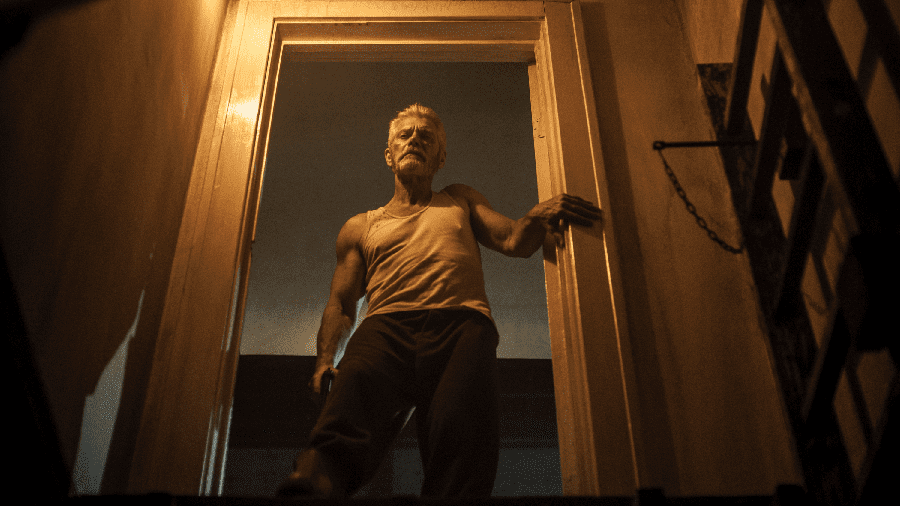
5. Echolocation
This is a skill that can actually be taught, regardless of whether you’re visually-impaired or not, in 3 weeks! By making a series of rapid clicking noises, a person can echolocate accurately and quickly enough to ride a bicycle down the street, like in the case of Daniel Kish. It’s not a matter of supersensitive ears, but a function of training.
Do you know of any other super powers that the visually-impaired might have?
This article was also published on Yahoo!.
If you like the article, follow me on Facebook and Twitter for more (presumably) good updates!
To get in touch with (or insult) me, send an email!
Leave a Reply